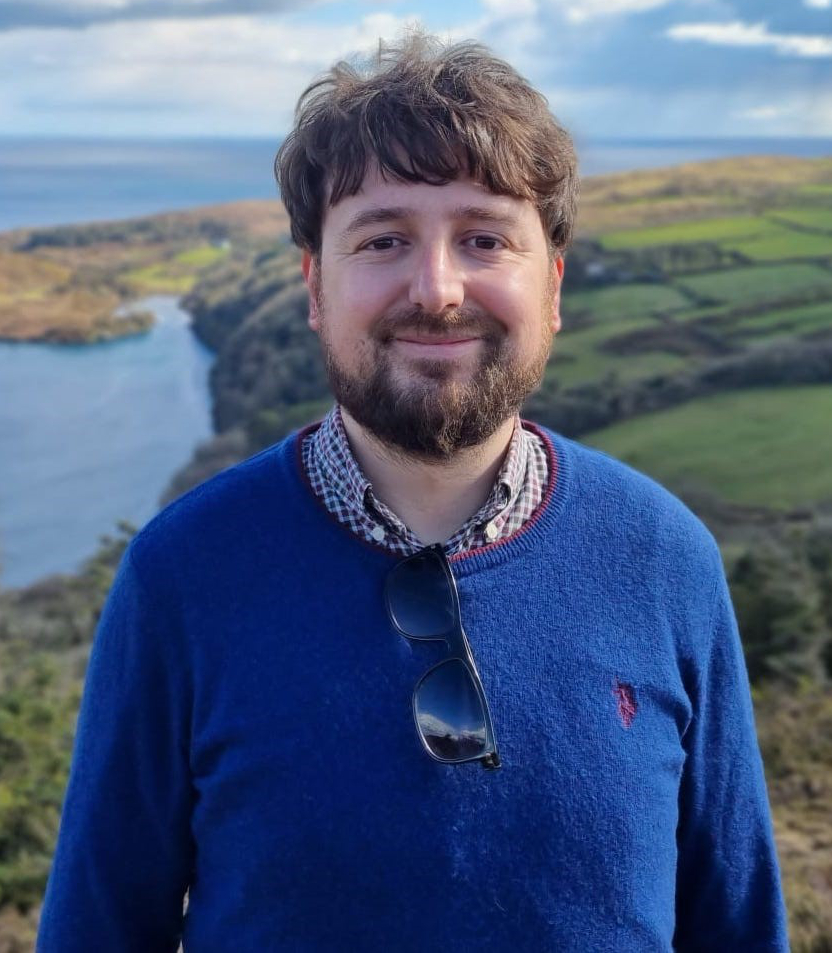
Dr Guido Bartolini
During his mandate at UCC, Dr Bartolini explored the literary representation of Fascism in a corpus of 20th century canonical Italian novels (including works by Alberto Moravia, Giorgio Bassani, Vasco Pratolini, Natalia Ginzburg, and Elsa Morante) and their cinematic adaptations. Combining theories of Memory Studies with theoretical works on the concept of ‘responsibility’, Dr Bartolini studied the narrative strategies through which Italian fiction addressed the dictatorial past and he questioned whether this cultural production helped readers developing a sense of responsibility for the past. He is the author of several articles on cultural memory and a book monograph: The Italian Literature of the Axis War: Memories of Self-Absolution and the Quest for Responsibility.
To expand his research beyond the field of Italian Studies, Dr Bartolini created and co-organised, together with Dr Diana Popa from Tallinn University, the international conference ”Cultural Memory of Past Dictatorships: Narratives of Implication in a Global Perspective”, which was funded through the NUI Grant Scheme for Early Career Academics. The conference, which was hosted at UCC in April and May 2022, addressed how cultural products represent past dictatorships and how they can contribute to reflecting on the idea of ‘implication’, meaning – following Michael Rothberg’s seminal 2019 monograph – the multifarious ways in which people can be involved in the systemic injustices committed by the societies in which they live. This fully online conference was divided into a seminar series and a symposium. The former hosted the keynote lectures of three distinguished professors (Michael Lazzara, Juliane Prade-Weiss, and David Martin-Jones). The latter saw the participation of 31 speakers affiliated with universities located in 16 countries (Australia, Brazil, Canada, Czech Republic, Estonia, France, Germany, India, Indonesia, Ireland, Japan, Mexico, Spain, Taiwan, the UK, and the USA), the keynote addresses by Professor Jie-Hyun Lim and Professor Minna Niemi, and a roundtable with the participants of the seminar series. Both the seminar series and the symposium was followed by a diverse audience connecting from all over the world. Further information on the conference, the programme of the two days, and the videos of all keynote lectures can be found at www.culturalmemorypastdictatorships.com.






















